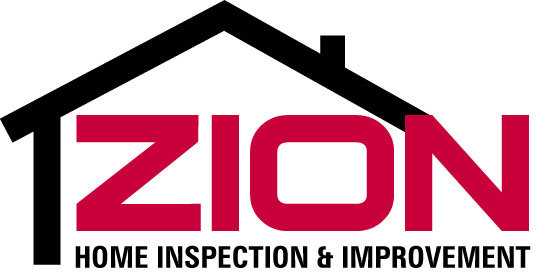Well Water Sampling and Testing
If you live in a rural area like Dorchester, Harleyville, Ridgeville, Ravenel, Hollywood, Walterboro, or Moncks Corner you may have a private well for your home’s main water supply. You may have come to live with a certain taste or smell to the well water, or perhaps you’ve installed a filtration system. If you’ve noticed a change in the color, taste, or odor of your water, you may want to have a sample taken and sent to a lab for analysis. We can take these well-water samples during your home inspection and send them in for analysis.
3 Types of Private Well Water Tests We Recommend
There are generally 3 separate water tests people ask for. A water test for minerals and metals will detect any harmful metals such as Lead, which can cause damage to the brain, kidney and central nervous system. A water test for Total Coliform bacteria will test for indicators of potentially harmful fecal bacteria, like E. coli. A water test for Nitrates and Nitrites, which are two forms of Nitrogen, will detect possible health concerns for infants, pregnant women, nursing mothers, and the elderly.
Lead
Very rarely occurring naturally in private well water, Lead contamination is more commonly from some plumbing hardware like pipe, fittings, fixtures, and solder. Lead can cause brain damage, kidney damage, and damage to the red blood cells and nervous system. Children younger than 6 are especially vulnerable to lead poisoning and development can be stunted physically and mentally.
Nitrates and Nitrites
Nitrates and Nitrites are two colorless, odorless, and tasteless forms of Nitrogen that can be in drinking water. The only way to know if these contaminants are in your water is with a water test. Causes of Nitrate and Nitrite contamination could be from improper well construction or location, fertilizers, or improper human and animal waste disposal. According to The University Of Massachusetts Amherst (link) “Ingestion of drinking water with nitrate concentrations in excess of 10 mg/L may be fatal to infants. Concentrations in excess of 5 mg/l indicate a severe degradation of groundwater quality… If the concentration of either nitrate or nitrite in drinking water is elevated, the choices for addressing the problem include obtaining an alternate water supply or treating the existing well water. An alternate supply may be bottled water for drinking—especially for infant formula—or installing a new well in a different location and at a different depth. Another alternative, if available, is connecting to a public water supply. Home water treatment options include distillation, reverse osmosis, or ion exchange. It is also recommended that you determine if any practices in and around the home could be contributing to the elevated levels of nitrate/nitrite in groundwater.”
Total Coliform and E. Coli
Total Coliforms are bacteria. They are naturally occurring in the environment and generally not harmful, but there presence can be indicative of problems in a system. According to the EPA(link) “The presence of coliform bacteria in tap water suggests that there could be a problem with existing equipment or treatment systems, contamination of the source water or a breach in the distribution system that could introduce E. coli contamination.” If a positive Total Coliform test result happens repeatedly, further evaluation is necessary to determine if E. Coli is present. Within 24 hours of the first positive result, repeat samples should be taken. If E. coli is present call the EPA.
